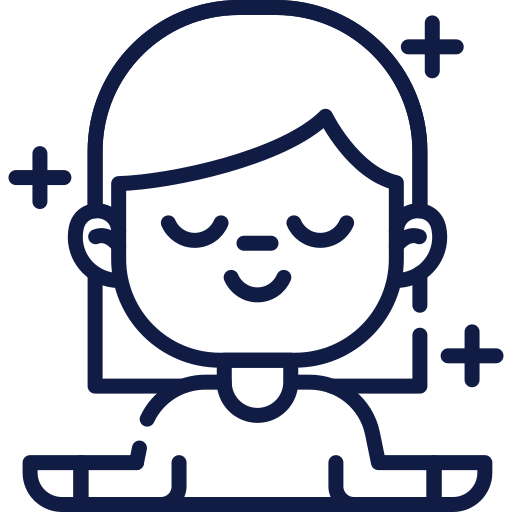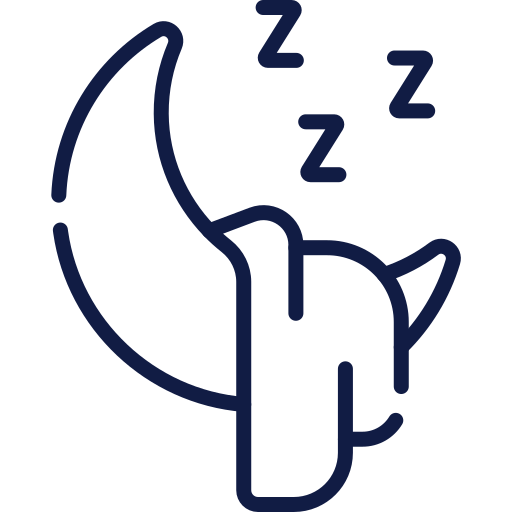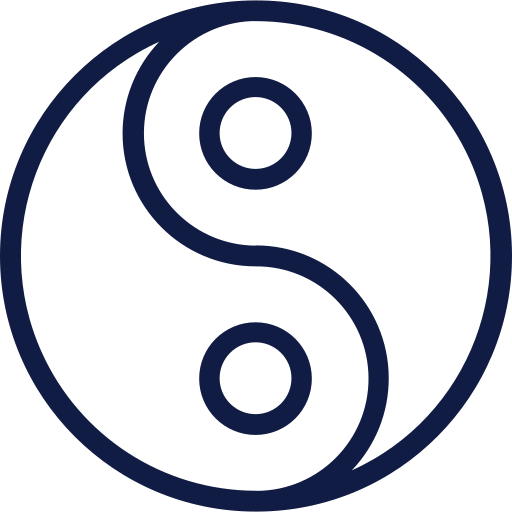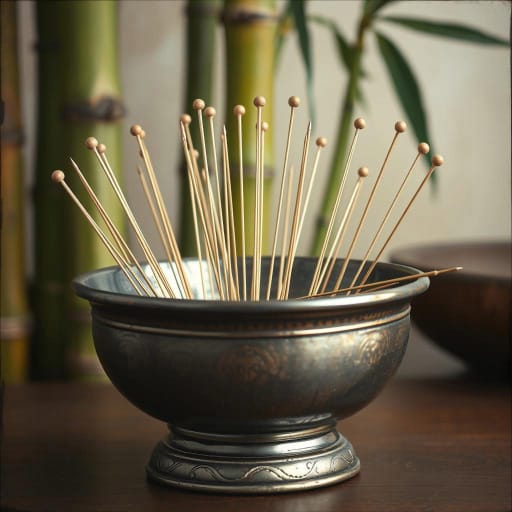What Is Acupuncture?
Acupuncture is renowned for its ability to boost the body’s natural healing processes. A key treatment in Traditional Chinese Medicine (TCM), this age-old technique involves the precise insertion of ultra-fine needles into specific points on the body, known as acupuncture points, to balance the flow of Qi (pronounced “chee”), vital life energy.
From a Western perspective, research indicates that acupuncture enhances the body’s natural painkillers, like endorphins and adenosine, while improving blood circulation and reducing inflammation. It also offers mental health benefits by regulating serotonin levels, which can improve mood and alleviate anxiety and depression.
Commonly Treated Conditions
Acupuncture Benefits

Natural Pain Relief with Acupuncture
Acupuncture offers a reliable, drug-free way to manage both acute and chronic pain conditions. Whether you suffer from back pain, neck tension, or arthritis, acupuncture improves circulation and reduces inflammation.
Research shows that acupuncture changes how the brain perceives and processes pain, leading to effective pain relief. Additionally, acupuncture stimulates the production of adenosine—a natural painkiller your body produces when injured—helping to reduce discomfort naturally.
By activating your body’s own pain-relief mechanisms, acupuncture can help you experience less pain without medication.

Reduce Stress and Anxiety
Acupuncture helps regulate the nervous system, reducing stress hormones and promoting a calmer state of mind. This holistic treatment can improve mood and ease symptoms of anxiety, supporting better mental clarity and emotional balance.
Chronic stress can worsen existing health issues and weaken the immune system. It often contributes to physical symptoms like neck and back pain, muscle tension, digestive problems, and can even affect reproductive health. Acupuncture addresses these effects by helping the body manage stress more effectively.

Enhance Sleep Quality
Sleep is essential to good health and healing. If you are grappling with insomnia or experiencing restless nights, acupuncture helps restore your healthy sleep patterns. This holistic approach targets the underlying imbalances that disrupt your ability to fall asleep and stay asleep. By promoting a state of deep relaxation, acupuncture not only helps you achieve a more restorative sleep but also facilitates an enhanced sense of well-being.

Support Hormonal Balance
Acupuncture serves as an effective and valuable approach for regulating hormones and tackling related health issues that affect individuals of all genders. Whether addressing menstrual irregularities, navigating fertility challenges, or alleviating the symptoms of menopause, this ancient practice aims to restore balance within the endocrine system, fostering enhanced overall health and well-being.
Client Testimonials
Discover how clients have transformed their well-being through the power of acupuncture and the personalized care, as they share their inspiring journeys towards health and balance.
Your Questions Answered
Here are some of the most commonly asked questions and answers.
How does acupuncture work?
Acupuncture involves inserting thin needles into specific points on the body to balance energy flow and promote healing.
Is acupuncture safe?
Yes, acupuncture is generally considered safe when performed by a qualified practitioner like Jennifer Dubowsky.
What conditions can acupuncture treat?
Acupuncture can help with a variety of conditions including pain management, stress relief, digestive issues, and more.
Learn more at the Cleveland Clinic
.
What should I expect during a session?
During a session, you will lie comfortably while needles are gently inserted. Most people find the experience relaxing and rejuvenating.

